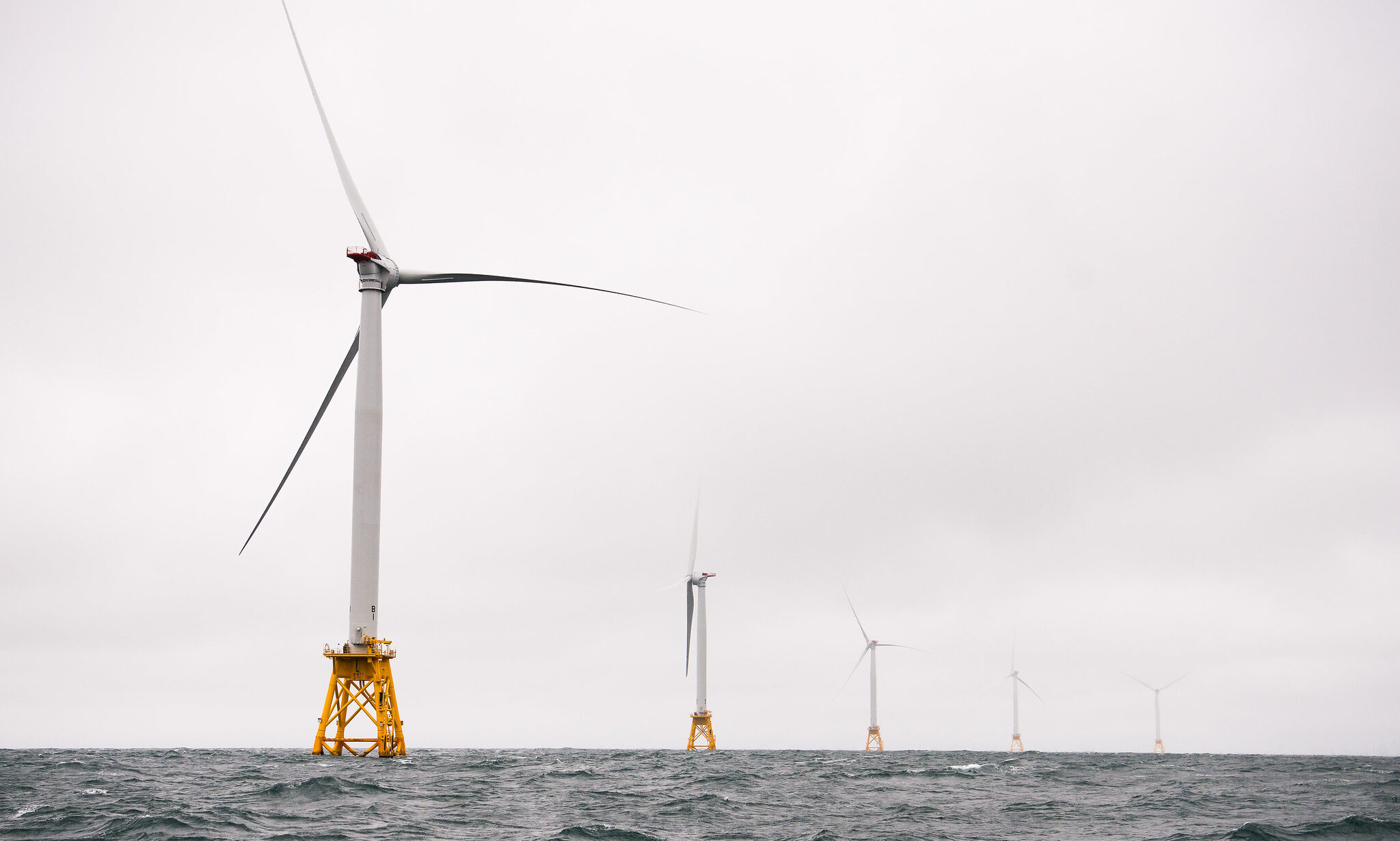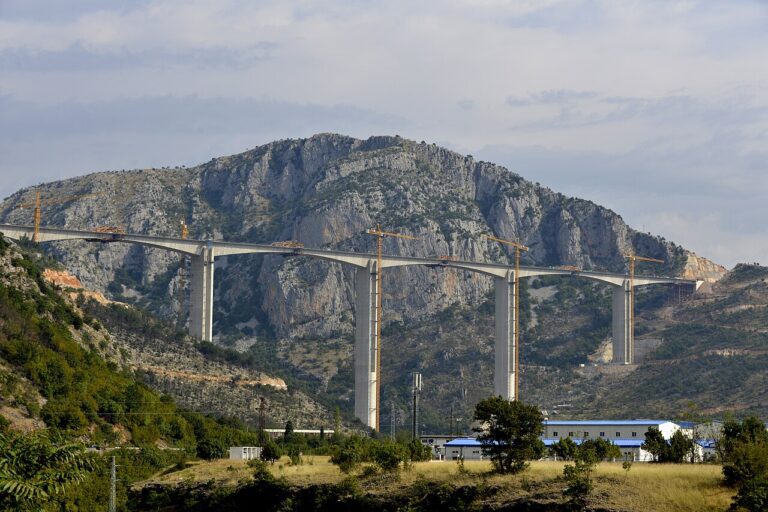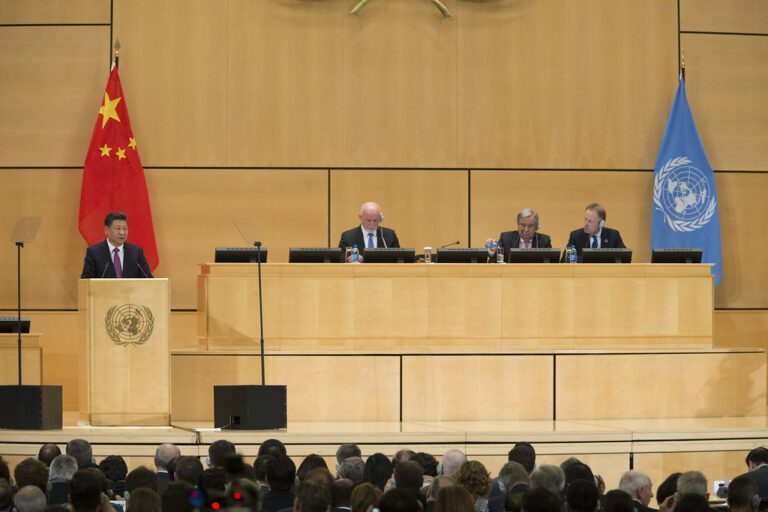Green Synergies: Sustainability, Security and Taiwan-Europe Collaboration

Welcome to the first joint issue of CHOICE and Taiwan Insight! As Taiwan and the European Union advance along their respective paths toward green and digital transitions, they are increasingly prioritizing aspects like renewable energy, circular economy, and sustainable development in both their domestic and foreign policies. This makes it an ideal time to delve into these complex issues – and the growing potential for collaboration between the two – in the realm of green energy and green technologies. This issue covers several key functional topics, including critical raw materials, wind, and solar energy. It also explores potential avenues for cooperation not only at the EU level but also trough sub-regional frameworks, examining opportunities for V4-Taiwan and Balkan-Taiwan “green partnerships.”
Explore the individual articles, listed in order of publication:
1. In “Navigating Geopolitical Turbulence through Taiwan’s Energy Transition Policy,” Yun-Ling Ko and Chia-Wei Chao provide an analysis of Taiwan’s energy transition strategy, as shaped by the island’s unique geopolitical position and external pressures.
2. In “From Extraction to Innovation: The EU and Taiwan in the Critical Minerals Value Chain,” Blanca Marabini San Martín explores opportunities for EU-Taiwan cooperation across different segments of critical minerals value chain – from sustainable sourcing to technological innovation – highlighting shared vulnerabilities and strategic interests.
3. In “The Power of “Taiwan Can Green”: Energy Transition as a Discursive Response to Cross-Strait Geopolitical Tensions,” Anthony Ho-Fai Li focuses again on Taiwan, examining how the island frames its energy transition as both a climate imperative and a geopolitical strategy, positioning itself as a responsible global actor amid cross-Strait tensions.
4. In a first article with a sub-regional focus, “Adding Turbulence to the Turbulent Region: Cooperation Between Western Balkans, China, and Taiwan,” Stefan Vladisavljev and Damir Dizdarević look at the Western Balkans, exploring how Taiwan can engage meaningfully in a region increasingly shaped by China’s greenfield investments and strategic influence.
5. In “De-Risking the Next-Generation Solar Supply Chain: Potential for the EU-Taiwan Collaboration,” Yu-Ping Yang discusses the strategic importance of diversifying and securing solar supply chains, outlining how Taiwan and the EU can partner to develop next-generation solar technologies and reduce their respective dependencies on dominant suppliers like China.
6. In a second sub-regional piece, “V4-Taiwan Industrial Cooperation as a Strategic Response to a Shifting Global Order,” Filip Křenek examines how the Visegrád Four countries and Taiwan can deepen industrial collaboration in response to shifting geopolitical and geo-economic dynamics, particularly in the technology and manufacturing sectors.
7. Finally, in “Winds of Change: How Offshore Wind Boosts Taiwan-EU Collaboration and Shapes Taiwan’s Climate Identity,” Elizabeth Frost highlights Taiwan’s expanding offshore wind sector, exploring how renewable energy cooperation with the EU not only supports Taiwan’s climate goals but also enhances its international climate identity and diplomatic engagement.
Written by
CHOICE
CHOICE is a multinational consortium of experts providing informed analysis on the rising influence of the People’s Republic of China within the countries of Central and Eastern Europe (CEE).


